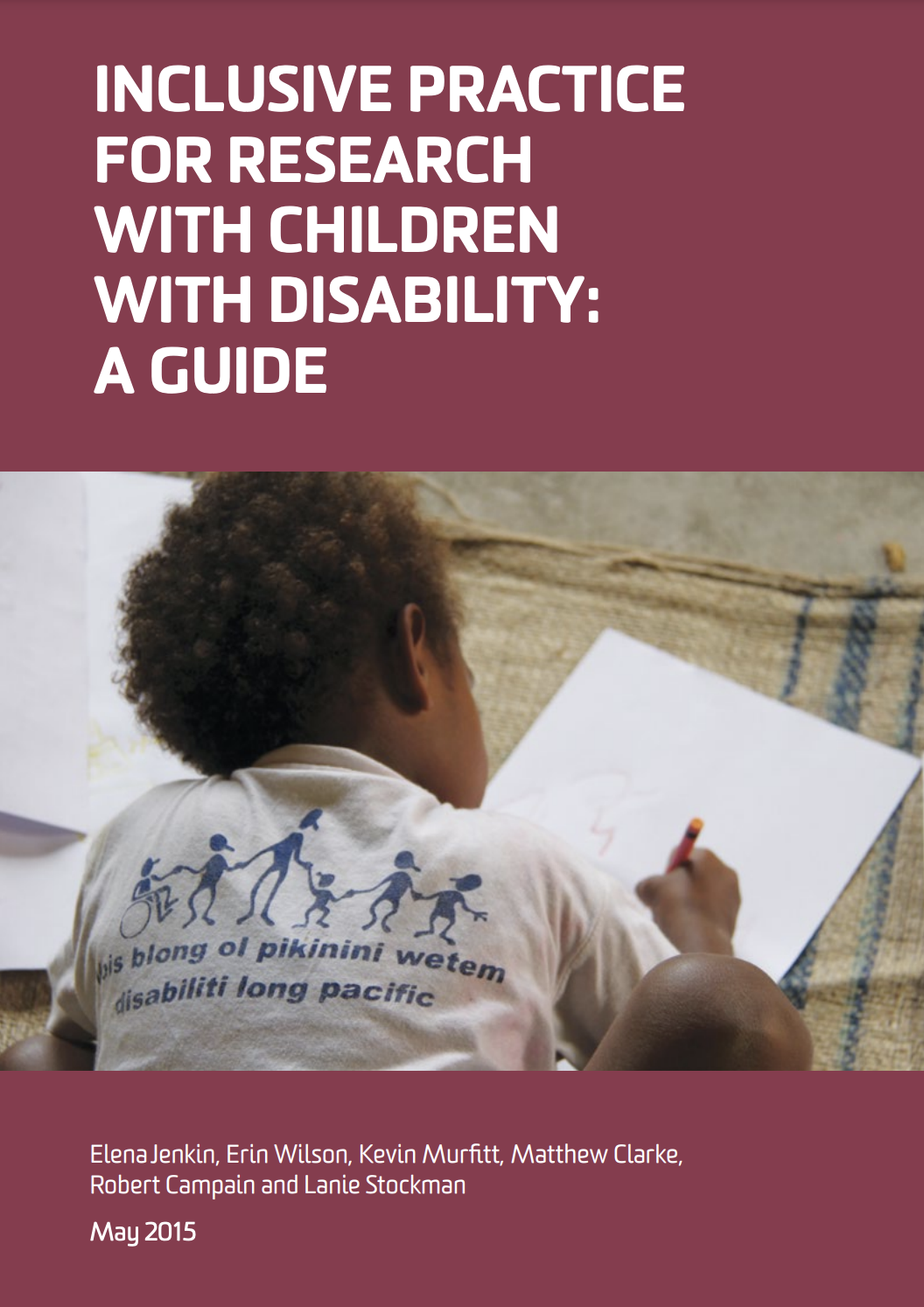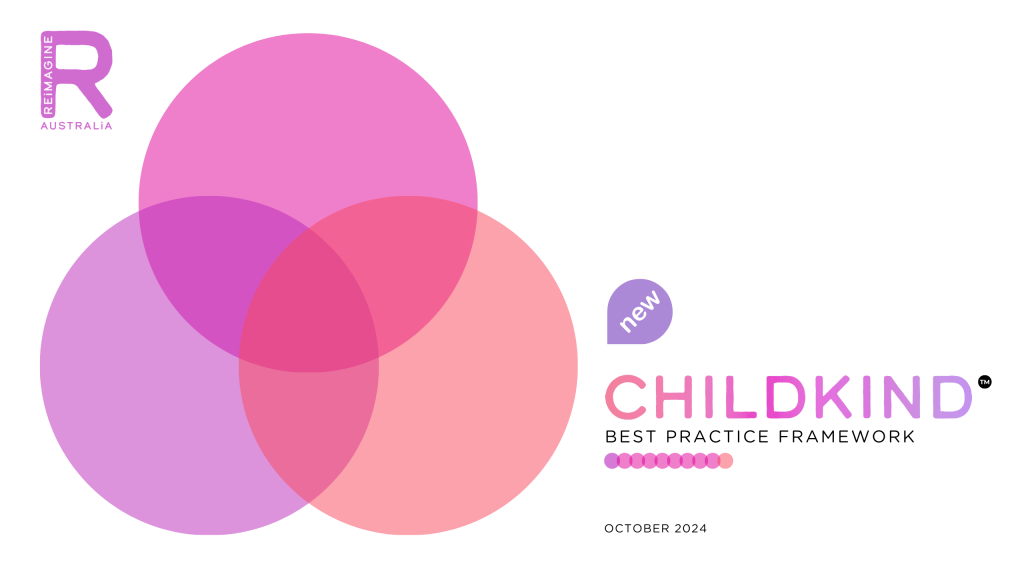CHILDKIND WAY OF WORKING #5

“Utilising research-based practices to ensure the most effective and relevant supports for children and families.“
Embrace Evidence focuses on the importance of using research-based practices to provide effective and relevant support for children and families, through:
Integration of Best Practices: Incorporate the latest evidence and proven methods into everyday practices by utilising well-researched strategies, practitioners to enhance their effectiveness and ensure positive outcomes for children.
Commitment to Continuous Learning: Engage in ongoing professional development, staying informed on research and innovative approaches to maintain effective support strategies.
Prioritising Early Development: Harness the significance of the early years to foster optimal growth and development.
Historically, people with disabilities were not afforded the same rights and opportunities as other community members, and research on families of children with disabilities was “framed by the medical model, which views disability as a biological deficit, necessarily associated with burden and grief” (Lalvani & Polvere, 2013, p. 1). However, more contemporary research has helped to develop understandings about best-practice and how children with disability, developmental delay and neurodivergence can be supported to realise their potential. “One of the goals of research can be to achieve positive social change” (Walmsley, et al., 2017, p. 757). Reimagine Australia has recently developed new National Guidelines for Best Practice in Early Childhood Intervention (Early Childhood Developmental Supports). These were informed by a comprehensive literature review which identified three key areas of research to be explored – empathy and collaboration, child development and approaches to achieving outcomes, and inclusion and ethical approaches (Reimagine, 2024). This exploration of current research provides a foundation to determine that guidelines for quality practice have evidence embedded within them.
In addition to using research to inform practice, it is also important to consider the role of research involving those with disability, developmental delay and neurodivergence and their families. Too often research is done ‘on’ people, rather then ‘with’. Engaging participants with disability ethically in research ensures the voices of those most impacted are heard. Jenkin and colleagues from Deakin University developed a guide which explored how to engage children with disability in research. “This guide presents a set of resources for supporting the involvement of children with disability in research, as well as consultation, policy and service development, monitoring and evaluation” (Jenkin, et al., 2015, p. 2).
Embrace Evidence, as a way of working, relates to the ‘design and delivery of services and supports‘ phase of the child’s early developmental support journey. This way of working is broken down into 3 Key Competencies. In practice, these competencies might be demonstrated as follows:
Embrace Best Practice: Ensuring that evidence informs practice will provide the best possible outcomes to children and families. However, it is also essential to remember that what constitutes ‘best practice’ changes over time, and maintaining currency of research is essential.
Research and innovation: As with most things over time, we learn from both research and practice. If we consider approaches to child-rearing across the centuries, there have been significant changes in many areas such as, but not limited to, how children are seen, what is acceptable in relation to discipline, how we perceive the role of children within families. Practitioners and educators play a valuable role in helping families understand not just what is seen as best practice, but also the reasons for it.
Early Childhood Development: It is widely known that the early years of a child’s life have a significant impact on the trajectory for the future. Understanding how to support children during these crucial years ensures that all children are being positioned for optimal growth and development so they can seek to realise their potential.
The Kids Research Institute (2020). The Kids Research Institute Australia article on the importance of creating opportunities for children with disability to participate in the community, after finding a clear link between participation and better quality of life.

Watson, J. & Frawley, P. (2023). Engaging children with disability in supported decision making. Australian Institute of Family Studies.

This guide presents a set of resources for supporting the involvement of children with disability in research, as well as consultation, policy and service development, monitoring and evaluation.
Jenkin, E; Wilson, E; Murfitt, K; Clarke, M; Campain, R and Stockman, L (2015) Inclusive Practice for Research with Children with Disability: A Guide. Deakin University, Melbourne.

Lalvani, P. & Polvere, L. (2013). Historical perspectives on studying families of children with disabilities: a case for critical research. Disability Studies Quarterly. 33 (3)
Children with neurodivergent conditions benefit significantly from evidence-based practices that cater to their unique learning needs, fostering both academic success and personal development.
Kapp, S. K. (2013), "Interventions for Children with Neurodivergent Conditions.
Access more information on the ChildKind Best Practice Framework with its 10 Ways of Working, 30 Key Competencies and 8 supporting Values and Behaviours here:
